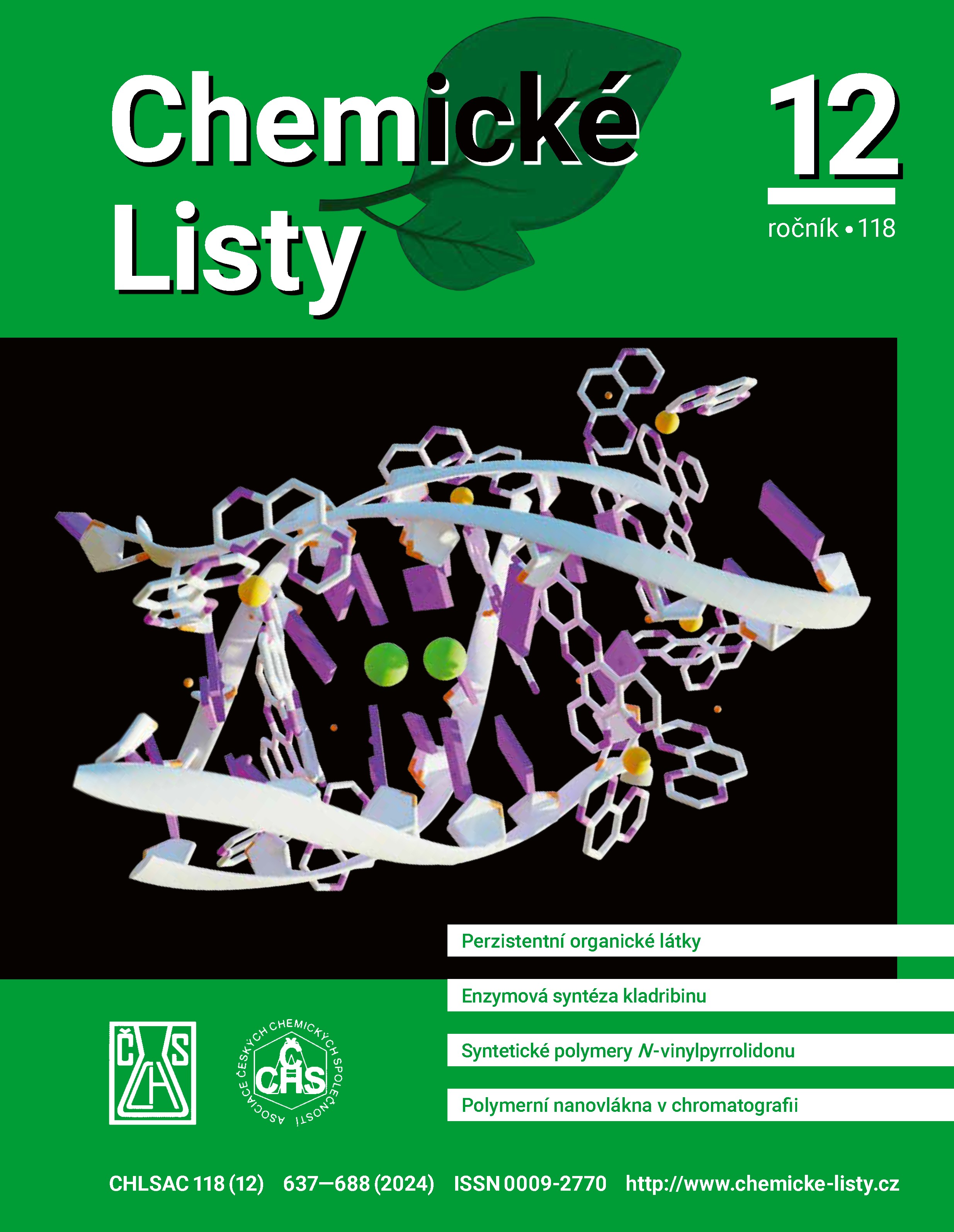Persistent Organic Pollutants PFAS: Challenges, Impacts and Legislative Measures
DOI:
https://doi.org/10.54779/chl20240639Keywords:
PFAS, forever chemicals, contamination, health risks, regulation, REACHAbstract
In February 2023, the European Chemicals Agency (ECHA) announced that it has an expected detailed proposal for the restriction of more than 10,000 per- and polyfluoroalkyl substances (PFAS) under the Registration, Evaluation, Authorisation and Restriction of Chemicals (REACH) Regulation. The national authorities of Denmark, Germany, the Netherlands, Norway and Sweden submitted the proposal after identifying risks in the production, marketing and use of PFAS. In their view, the substances are not sufficiently controlled and need to be addressed at EU level. This article focuses on the implications of the proposed restriction of PFAS for consumers and markets, analysing the possible impacts on industry and everyday life. It also discusses the occurrence of PFAS in the environment and the impact of these persistent compounds on human health and the environment.





